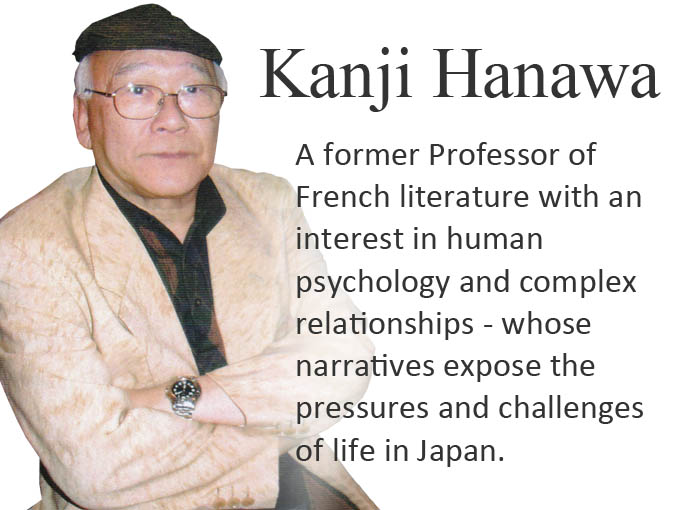The Kawabata Yasunari Prize, was founded in 1973 using the Nobel Prize money. It is awarded once a year for the best work of short fiction. The winner receives 1 million yen. Yasunari Kawabata (1899-1972) won the Nobel Prize in 1968 and committed suicide in 1972.
The Kenzaburō Ōe Prize, sponsored by Kondansha, Japan’s largest publisher was set up in 2006 on the 100th anniversary of the publishing company. Kenzaburō Ōe, born in 1935 won his Nobel Prize in 1994. The winner of the prize is personally selected by Ōe.
There is no cash prize. The winning novel is translated into other languages such as English, French and German for publication as its award. This can have a material impact on an author’s career. Winning the prize in 2010, for Suri (The Thief) helped launch Fuminori Nakamura’s international career, for example.
Many other famous Japanese authors including: Ryunosuke Akutagawa (1892-1927), Osamu Daizai (1873-1948), Shinichi Hoshi (1929-1997), Kyoka Izumi (1873-1939), Yukio Mishima (1925-1970), Sanjugo Naoki (1891-1934) and Junichiro Tanazaki, to list a few, also have literary prizes named after them.
© Red Circle Authors Limited

